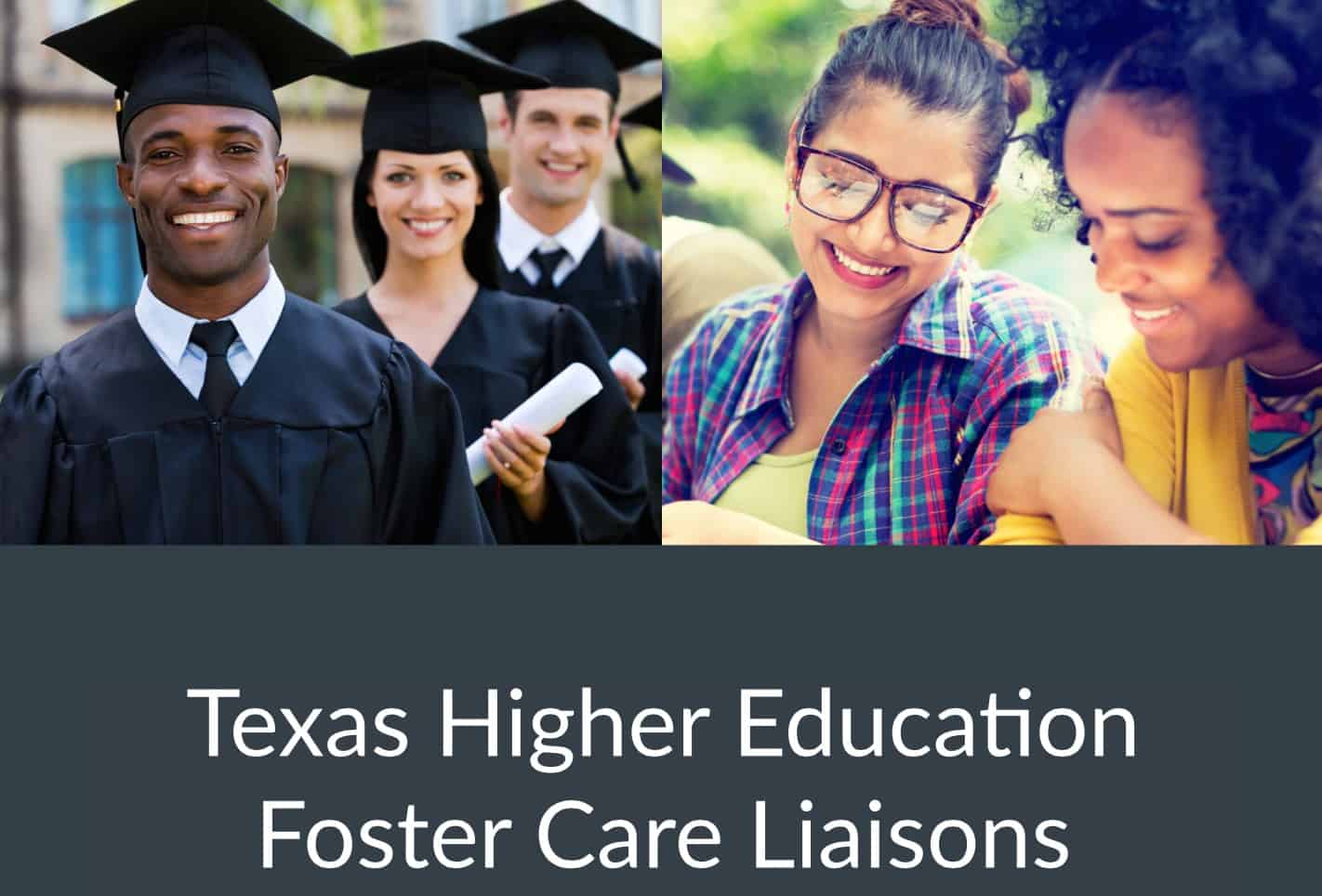Research shows that over 80 percent of youth in foster care report wanting to go to college. However, only 20 percent of those who graduate from high school attend college and only 2-9 percent go on to obtain a bachelor’s degree.
Foster care makes an impact on an individual’s educational success in several ways. Many children and youth in foster care experience multiple living situations and school changes, which often leads to loss of academic progress, credits, connections to peers and supportive adults, and opportunities to develop study and life skills. In addition, being removed from a biological family, and the experience of the foster care system itself, are associated with trauma, grief, and loss that may also impact an individual’s ability to succeed academically.
Foster care alumni — that is, youth who exit the system when they turn 18 years old — are incredibly resilient but they may need additional support to persist and thrive in the postsecondary educational environment.
To address this need, the Texas Education Code was amended in 2015 to require all Texas public institutions of higher education to appoint foster care liaisons. These individuals — who many have different titles such as “foster care champion,” “transitional coach” or “higher ed liaison” — serve as a critical point of contact for foster care alumni both on and outside the college campus, and help coordinate interactions with college professionals who serve specific needs such as financial aid or housing, higher educational professionals interested in networking with foster care alumni, and child welfare stakeholders including the Department of Child Protective Services.
Social work professor Monica Faulkner, director of the Texas Institute for Child & Family Wellbeing, co-chaired a Texas Children’s Commission workgroup that developed a guide of resources for higher education foster care liaisons. The guide includes in-depth information for liaisons who have advocated for and with foster care alumni for many years, and guidance for new liaisons who want to develop a stronger support network for foster youth at their institution. Download the guide here (PDF).
Posted July 5, 2017.


